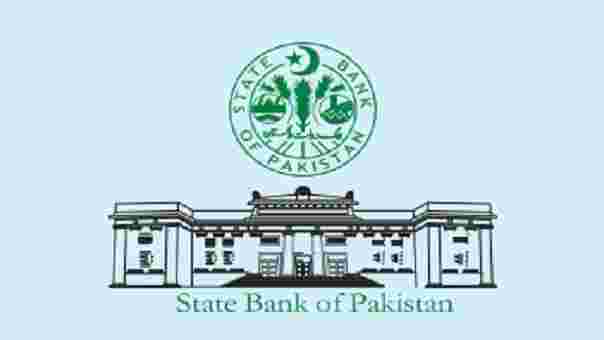Karachi, October 20, 2024 — The State Bank of Pakistan (SBP) has reported a staggering 43.3% surge in Pakistan’s interest payments during the fiscal year 2023-24. According to the SBP’s latest report, total interest expenditures reached an alarming Rs 8.2 trillion, up from Rs 5.7 trillion in the previous year, exerting immense pressure on the country’s fiscal health.
This substantial increase in interest payments has raised serious concerns about the sustainability of Pakistan’s debt obligations. The SBP highlighted that the soaring interest costs have significantly impacted key fiscal metrics. Most notably, interest payments in FY24 amounted to 202% of the Federal Board of Revenue’s (FBR) tax revenue, after adjusting for National Finance Commission (NFC) transfers to provincial governments. Such a ratio underscores the immense strain debt servicing is placing on federal revenues, leaving limited fiscal space for development and welfare expenditures.
The report also drew attention to a stark comparison: Pakistan’s interest payments in FY24 were nearly 50 times greater than provincial spending on crucial sectors such as health and education. This disparity underscores the crippling burden of public debt on essential social services, as large fiscal deficits and elevated interest rates continue to drive up debt servicing costs.
While the growth in interest payments decelerated slightly compared to the previous fiscal year, it remained alarmingly high. The SBP attributed this deceleration partly to the stabilization of domestic interest payments, as the policy rate remained largely unchanged, albeit at a high level, throughout the year. However, even with this slight slowdown, the overall level of interest expenditure continues to rise at an unsustainable pace.
Foreign interest payments also saw some moderation, particularly in the second half of FY24, thanks to a relatively stable exchange rate. This provided some relief in terms of foreign mark-up payments, which had been a growing concern in recent years due to sharp currency depreciation. However, the SBP cautioned that this stabilization could be temporary, given the ongoing vulnerability of the external sector.
The central bank’s report paints a grim picture of Pakistan’s fiscal situation, with ballooning interest payments eating into critical revenue sources. The sharp rise in debt servicing reflects years of fiscal imbalances, exacerbated by persistently high interest rates, and highlights the need for urgent fiscal reforms. Without decisive action to control the accumulation of public debt, the pressure on Pakistan’s finances is likely to intensify, further constraining the government’s ability to invest in growth and development.
